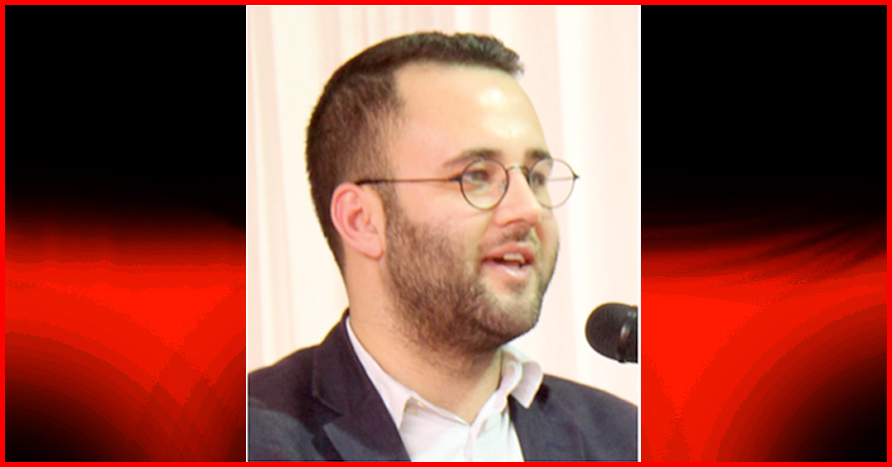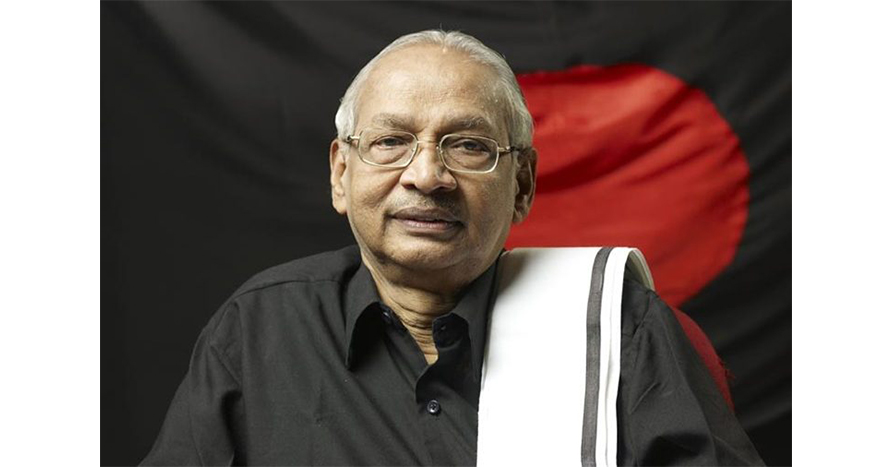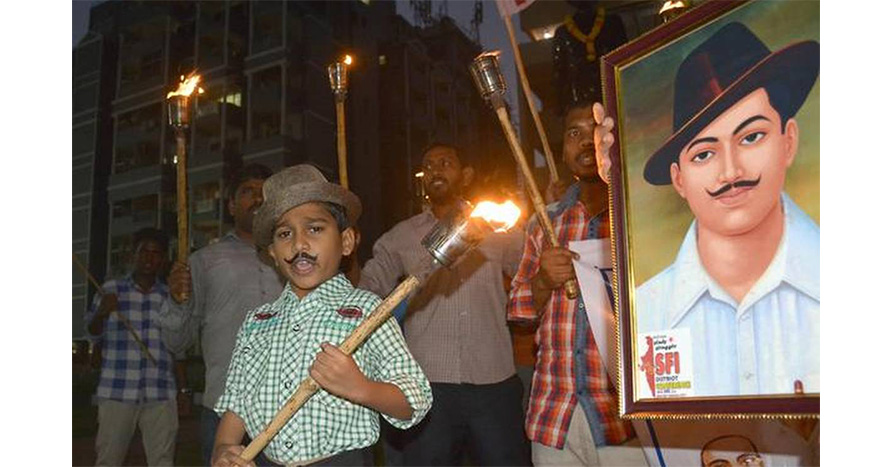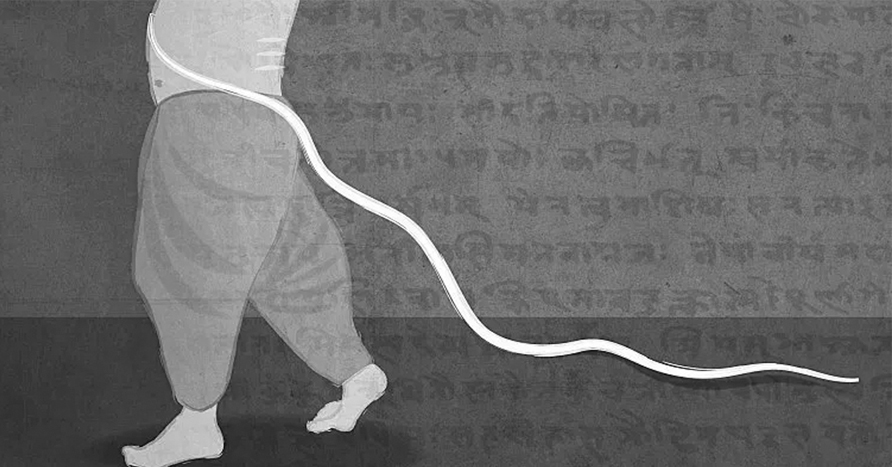Gary McLelland
Chief Executive,
International Humanist and Ethical Union
London, England.
(Excerpts from the speech of Gary McLelland, the Guest of Honour of World Atheist Conference 2018 held at Trichirapalli on 5th January 2018 )
The International Humanist and Ethical Union, or IHEU, is a democratic umbrella body which unites various atheistic, humanist and freethinking organisations around the world.
The IHEU was formed in 1952 in Amsterdam, following the annihilation of the previous world union owing to the twin onslaught of fascism and communism.
Since 1952 the IHEU has been the world’s, only democratic union for atheist, humanist, skeptic and rationalist organisations.
Since 1952 the IHEU’s network has grown a lot, and today we have around 150 member organisations in 50 countries around the world.
The work of IHEU relies on the hard work and dedication of our Board, our team of professional staff, and our amazing network of volunteers and activists from our members around the world.
The work we do is very varied, but it can be understood in three broad categories. First is our advocacy programme, led by the wonderful Dr Elizabeth O’Casey and supported by her team of dedicated volunteers and activists.
This work ensures that the issues and values which are important to atheists and humanists around the world are heard at the United Nations and other international institutions. Thanks to this work IHEU is able to challenge Governments around the world, including recently the Government of India; as well as shining a light on the targeted violence faced by many atheists and humanists around the world.
Secondly, we have our communications and campaigns programme. This ensures that we link together the work of IHEU’s member organisations and share good news and fresh ideas.
We also try to inspire and promote new ideas for our network, such as our global End Blasphemy Laws campaign. If you would like to learn more about this, you can visit our website at
iheu.org – where you can also signup to receive our newsletters. Lastly, we have our growth and development programme.
This programme of work is very important for us. It is where we seek to nurture and support the development of new humanist organisations in areas around the world where atheism and humanism is not as well organized as it is here in India!
Thanks to this programme of work in 2017 we were able to organize a series of small conferences and online video conferences in Latin America, which led to the expansion of new atheist and humanist organisations in the region. Every year IHEU publishes a report called the Freedom of Thought Report which details the legal situation for atheists and humanists in every country around the world.
The very bad news is that last year’s report highlighted that atheists and humanists are particularly at risk in 7 countries around the world. In Pakistan we saw the murder of university student Mashall Khan, following a crack-down against blasphemy. The Maldives saw the killing of Yamin Rasheed – someone who was known to my colleague Elizabeth.
In Malaysia we saw a local group of atheists targeted by Government officals simply for meeting together. Also we saw our fellow freethinkers sentenced to death in Saudi Arabia, Sudan and Mauritania. And lastly, the seventh country of concern to us was here in India.
Following the murder of our dear colleague Narendra Dahbolkhar back in 2013, and increased threats to activists such as Narendra Nayak, when we saw the murder of Farook Hameed last year we became increasingly concerned about the environment for free expression in India.
On top of this – we see the emergence of a new problem for atheists and humanists, this is the problem of ‘invisibility’. Following the growing threats of violence against atheists and humanists in some places our friends are less likely to be open about their beliefs – because to do so can mean death!
This is also given extra weight when nationalist leaders and other populists claim that atheism and humanism is unpatriotic – an awful lie which should be called out at every opportunity.
This invisibility then causes many of our friends around the world to meet in secret, in fear for their lives. Let us send them a message today – that they are not alone, that we stand with them!
Despite this very difficult outlook – there is reason for hope in the future of our atheist and humanist movement. Massive increases in the quality of health and education, as well as new economic development in creating a new generation of young people who have no need for magic and superstition. Combined with new forms of instant communication, even our friends who live in fear because of their beliefs, can join us online for community and solidarity.
The future belongs to us humanists – the challenge we face is how to live up to our values.
Now, finally, please allow me to offer some thoughts on the future of atheism and humanism. It is my firm belief that in order to achieve the world that we all wish to see – we must work together.
Far too often when I visit places around the world I find division within our movement, atheists don’t want to work with humanists and humanists don’t want to work with rationalists and so on…
This is not our future. Our future relies on us being able to work together – because, believe me, our enemies are able to do so!
I have been very encouraged by what I have seen here in India. It amazes me that such a large and diverse country is able to be so united – and the same is true for our atheist and humanist movement here in India. There is very clearly a lesson for us in the rest of the world, and I want to share it. The other lesson I can learn is the importance of putting our values into action.
It is truly amazing to see how you put your humanist values into action here by Dravidar Kazhagam and The Rationalists’ Forum, Tamil Nadu and the Atheist Centre, Andhra Pradesh and many more. This type of progressive secular social work simply does not exist in Europe!







